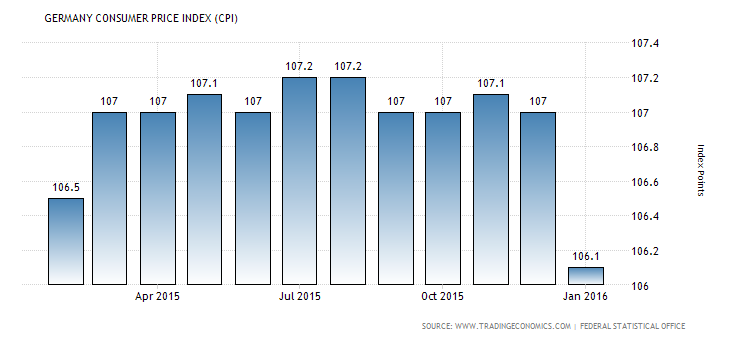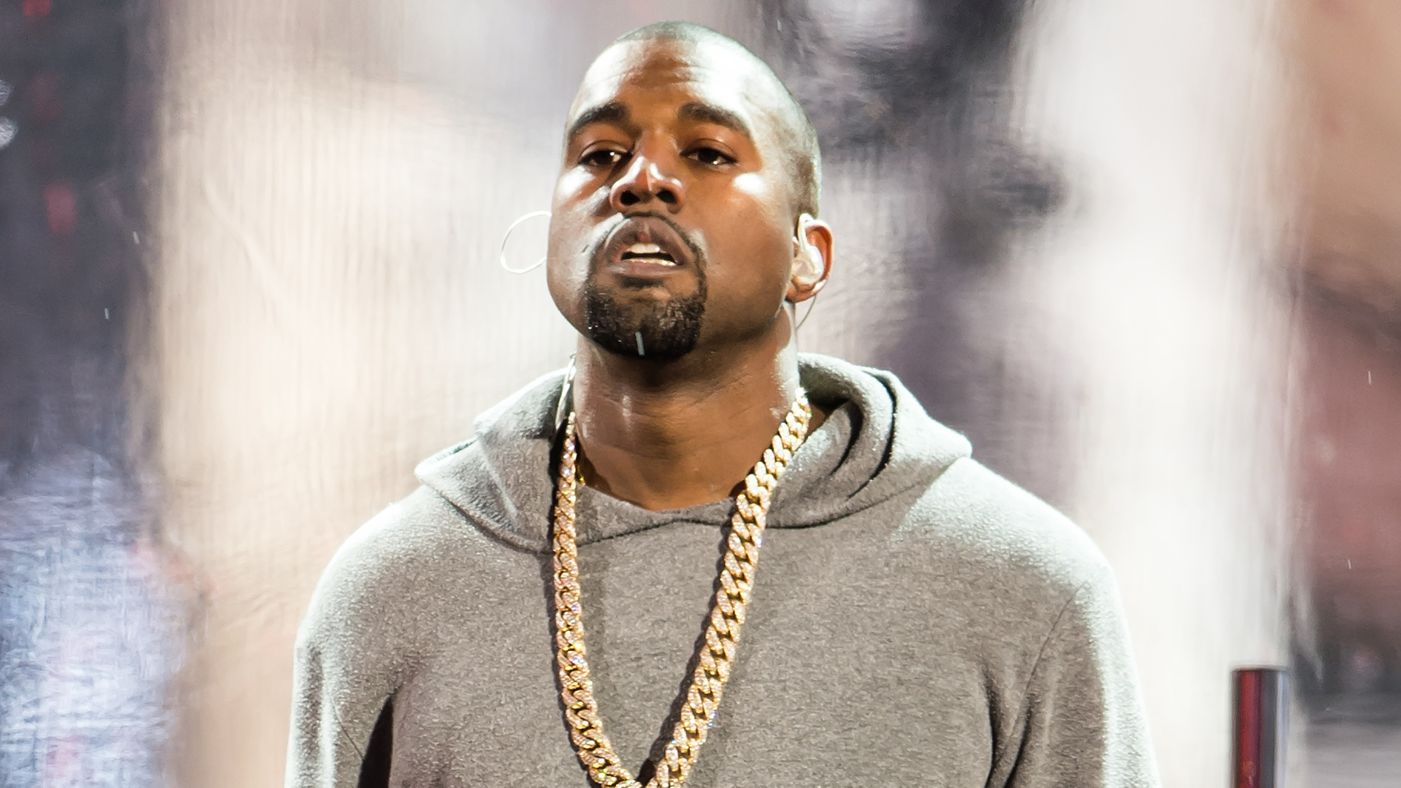The Consumer Price Index (CPI), which measures inflation rate, remained stable at the three-year high of 9.6 percent, the Nigerian Bureau of Statistics (NBS) has confirmed.
The inflation rate rose marginally from 9.55 percent in December 2015 to 9.62 percent in January 2016 – highest since December 2012.
The inflation rate reached a three-year high in December 2015, when it rose to 9.55 percent – a feat surpassed by the January 2016 figures.
According to the NBS CPI report for January, as released on Sunday, major inflation was recorded in non-alcoholic beverages, clothing and footwear.
Advertisement
“In January, the change in levels recorded by Consumer Price Index (CPI), which measures inflation held at a constant pace relative to January, increasing by 9.6%,” the report read.
“While divisions such as food and non-alcoholic beverages, clothing and footwear and others increased at a faster pace in the month, relative to December 2015.
“The headline index was weighed upon by slower increases in other major divisions such as housing water, electricity, gas and other fuels; and furnishings and household equipment maintenance.”
Advertisement
For most food products produced locally, inflation was at a slower pace, but for imported food, inflation rose significantly.
Imported food products was at its highest point since 2009, rising from 100 points in November 2009 to 178.9 in January 2016.
“Driven in part by increases in imported food prices which rate of change continues to surpass previous years’ highs, the pace of increases in food prices as recorded by the Food Sub-index increased at the same pace for the second consecutive month in January by 10.6%.
“The pace of increases in food prices as recorded by the Food sub-index increased at the same pace in January as in December, increasing by 10.6% (year-on-year).
Advertisement
“All groups which contribute to the Food Sub-index increased at a slower pace, with the exceptions of the Bread and Cereals and Milk, Eggs and Cheese groups.”
Add a comment







